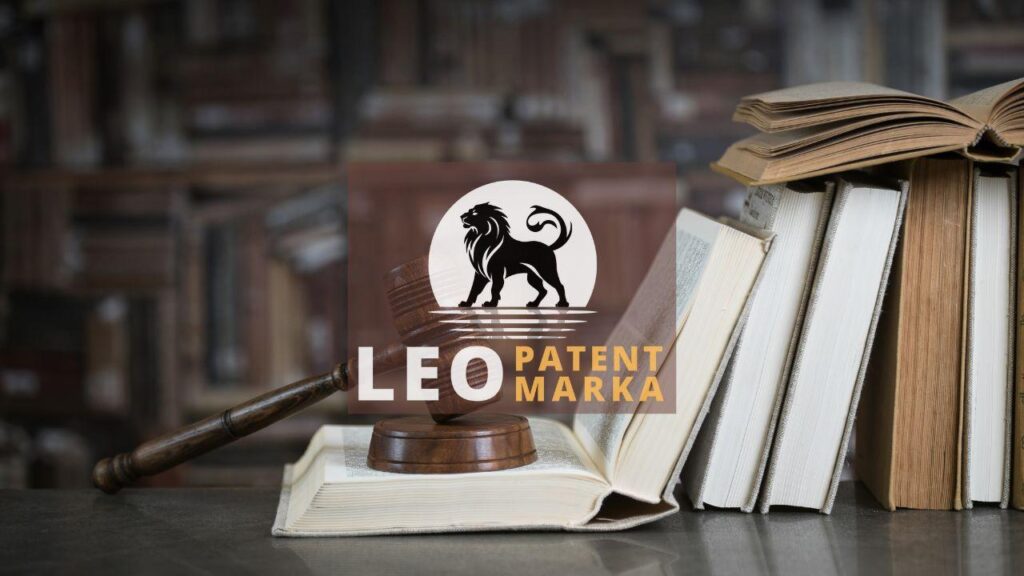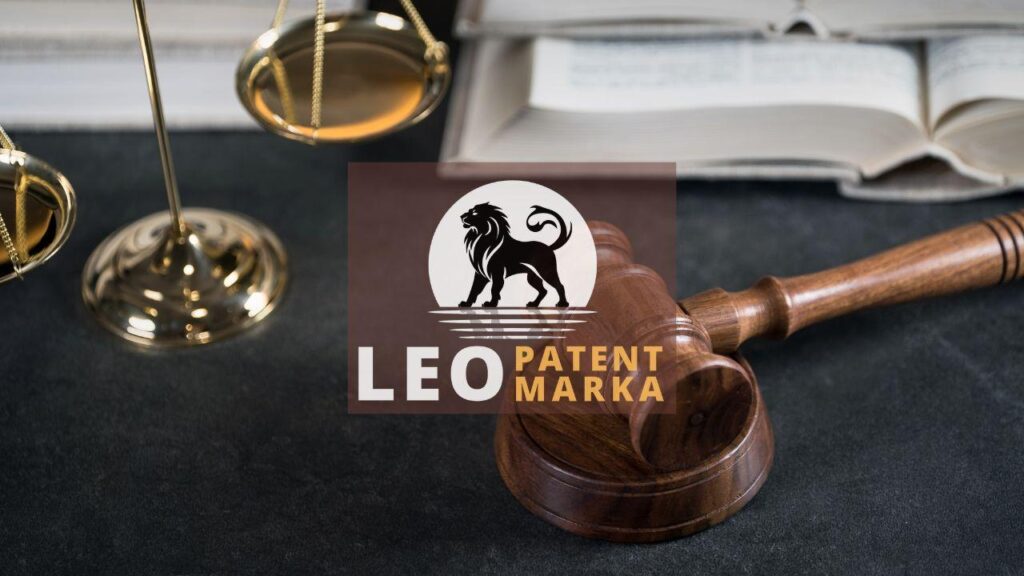Navigating the complexities of transferring intellectual property (IP) rights in Turkey requires a comprehensive understanding of both the legal framework and procedural nuances. At Leo Patent, we recognize the significant role that effective IP rights management plays in securing and maximizing the value of your intangible assets. Whether you are looking to assign, license, or inherit ownership of trademarks, patents, or designs, ensuring a legally sound transfer is crucial. Our team of experts is adept at guiding you through the intricacies of these transfers, ensuring compliance with Turkish IP laws and protecting your rights and investments. This article will delve into the essential procedures for transferring intellectual property rights in Turkey, offering insights that will help you make informed decisions and safeguard your IP assets.
Key Steps in Executing Comprehensive IP Transfers
Executing comprehensive IP transfers in Turkey involves a series of crucial steps to ensure that the transfer is legally binding and fully recognized. The process begins with the drafting of a transfer agreement, which must outline the scope and terms of the transfer, including the specific rights being transferred, compensation, and any limitations or obligations. This agreement should be meticulously reviewed and, ideally, drafted by legal professionals proficient in Turkish IP law to prevent any ambiguities. Once the agreement is finalized, it needs to be registered with the Turkish Patent and Trademark Office (TPTO) to make the transfer official and enforceable. Failure to properly register the transfer may result in legal complications and potentially jeopardize the new owner’s rights, making meticulous adherence to procedures essential.
After the transfer agreement is duly drafted and reviewed, the next step involves obtaining notarization. This is a critical legal requirement in Turkey to ensure the authenticity of the documents involved. Notarization serves as a formal attestation that both parties have willingly entered into the agreement, thereby eliminating any potential disputes over validity. Once notarized, the transfer agreement and any supplementary documents must be submitted to the TPTO along with the relevant application forms and fees. The TPTO will then conduct an administrative examination to verify the completeness and accuracy of the submitted documentation. If any discrepancies or deficiencies are found, the parties may be required to provide additional information or rectify errors, which can delay the transfer process. Therefore, paying close attention to detail and complying with TPTO requirements can significantly streamline the execution of comprehensive IP transfers.
Following the submission to the TPTO, it is essential to monitor the progress of the application closely. The TPTO will undertake a thorough examination process to ensure all legal requirements are met and that the documents are in proper order. This stage can involve a period of waiting, as any issues identified by the TPTO will necessitate prompt responses to avoid delays. Regular follow-up and prompt correspondence with the TPTO can help expedite this process. Once approval is granted, the transfer details will be recorded in the official registry, and the new ownership rights will be publicly recognized. At this point, the transfer is legally finalized, and the new owner can fully exercise their IP rights. It is advisable to seek the help of professionals like Leo Patent to navigate these steps effectively, ensuring a smooth transition and robust protection of your intellectual property assets in Turkey.
Mandatory Legal Provisions for IP Assignments in Turkey
In Turkey, the law stipulates specific mandatory provisions that must be adhered to during the assignment of intellectual property rights to ensure the process is legally binding and enforceable. According to the Turkish Intellectual Property Code, any assignment of trademarks, patents, or designs must be documented in written form and signed by the parties involved. The assignment agreement should clearly specify the scope of the rights being transferred, including any usage limitations and the duration of the assignment if applicable. Furthermore, for the assignment to be recognized by the Turkish Patent and Trademark Office (TPTO), the transfer must be registered with the TPTO. This registration not only validates the transfer but also offers legal protection against third-party claims. Non-compliance with these mandatory provisions can result in the assignment being deemed invalid, thus jeopardizing the assignee’s rights and investments.
Additionally, it is essential to note that the assignment must be accompanied by a notarized power of attorney if the transfer is conducted through legal representation. This power of attorney ensures that the representatives have the authority to act on behalf of their clients, streamlining the registration process at the TPTO. Detailed records of the assignment, including the original registration number of the IP asset and the identities of both the assignor and assignee, must be meticulously maintained. These records play a crucial role in resolving any potential disputes or legal challenges that may arise in the future. Leo Patent assists clients in drafting robust assignment agreements and navigating the notarization process, thereby facilitating seamless and legally compliant IP transfers. Ensuring these formalities are met not only safeguards the transaction’s validity but also fortifies the legal standing of your intellectual property assets in Turkey.
At Leo Patent, we understand that each IP transfer is unique, often requiring tailored strategies to address specific client needs and scenarios. Beyond meeting mandatory legal requirements, we also advise on best practices such as conducting comprehensive due diligence to verify the IP rights and uncover any potential encumbrances. This step is crucial in mitigating risks and affirming the authenticity and strength of the IP being transferred. Additionally, we emphasize the importance of clear and detailed provisions within the assignment agreement, including confidentiality clauses and dispute resolution mechanisms, to prevent future conflicts. By offering such thorough and personalized support, Leo Patent ensures that your IP rights transfer is not only compliant with Turkish regulations but also strategically advantageous, safeguarding your interests and maximizing the potential value of your intangible assets.
Critical Considerations for Drafting Transfer Agreements
When drafting transfer agreements for IP rights in Turkey, it is critical to address several key considerations to ensure enforceability and legal compliance. First and foremost, clearly delineating the scope of the transferred rights, including any limitations or conditions, is essential to avoid future disputes. Additionally, specifying the duration and territorial extent of the transfer clarifies the extent of rights being assigned. Including precise definitions for all relevant terms ensures both parties have a mutual understanding. Furthermore, both parties should ensure that the agreement is formalized in writing and properly executed, as verbal agreements may not suffice in meeting the statutory requirements. Finally, incorporating clauses that address dispute resolution mechanisms, governing law, and jurisdiction can mitigate risks and provide a roadmap for resolving any potential disagreements. At Leo Patent, we emphasize meticulous attention to these details to create robust and legally sound transfer agreements, securing your intellectual property interests effectively.
Another critical aspect of drafting IP transfer agreements in Turkey is ensuring compliance with registration and notification requirements. According to Turkish IP laws, certain transfers, such as those involving patents and trademarks, must be recorded with the Turkish Patent and Trademark Office (TPTO) to be effective against third parties. This step ensures that the transfer is publicly recognized and enforceable. Consequently, failing to register an IP transfer can lead to significant legal challenges, including the inability to assert ownership rights against third parties or licensees. Additionally, the transfer document itself must meet the specific formalities dictated by Turkish legislation, including notarization and, in some cases, legalization, to be recognized by the TPTO. At Leo Patent, we streamline this process by meticulously preparing the necessary documentation and guiding you through the registration steps, thus safeguarding your IP assets against potential legal pitfalls.
Equally important is the consideration of tax implications that may arise from IP rights transfers. In Turkey, the transfer of intellectual property rights can trigger various tax liabilities, including value-added tax (VAT) and income tax, depending on the nature of the transaction and the parties involved. Understanding the tax impact is crucial to avoid unexpected financial burdens or penalties. Therefore, consulting with tax experts and ensuring that all tax-related aspects are comprehensively addressed in the transfer agreement is advisable. Additionally, parties should be aware of any potential liabilities that may transfer with the IP rights, such as existing licenses or encumbrances, which should be disclosed and negotiated as part of the agreement. At Leo Patent, we collaborate with tax professionals to provide a complete and compliant approach, allowing you to focus on leveraging your IP assets without unforeseen financial complications.
Disclaimer: This article is for general information purposes only and it is recommended that you consult experts and companies in that field to evaluate your specific situation. We are not responsible for any damage that may arise from the use of the information in this article.







